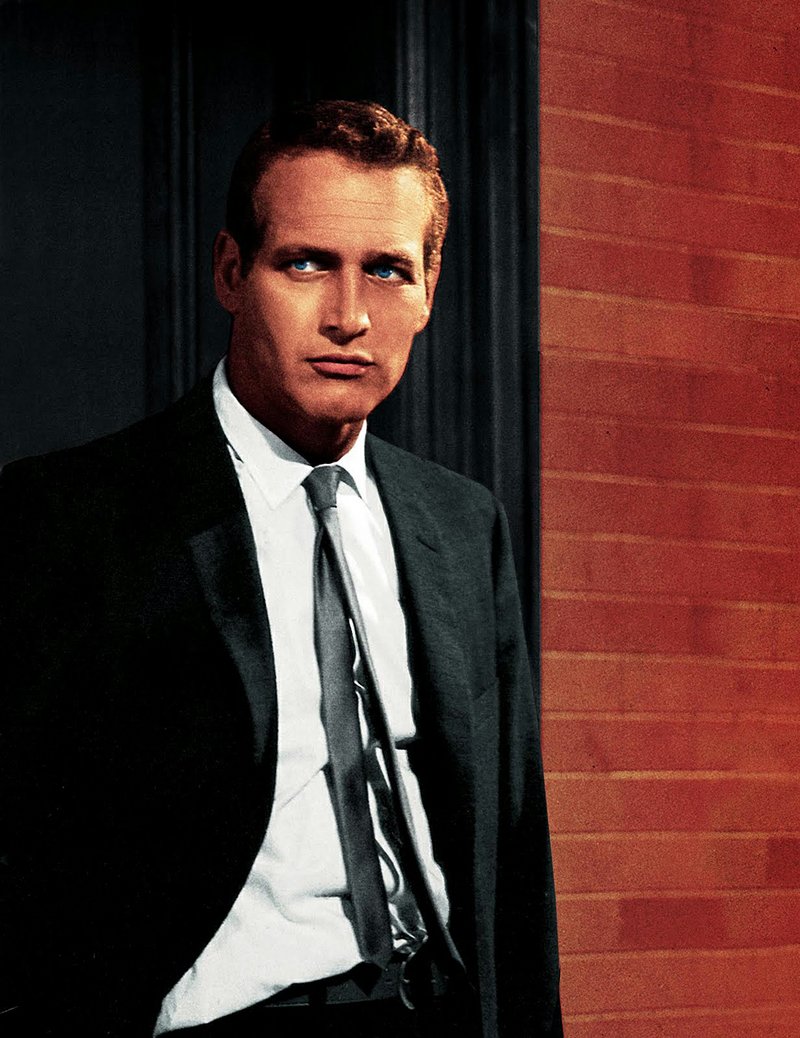LITTLE ROCK — The proliferation of DVDs has been both a boon and a burden to me - I could spend my waking life attending to various screens.
And so I have learned a kind of triage - there are movies of which I need watch no more than a few minutes to decide them dispensable. (Having never seen one of the Saw movies, it’s probably too late to start now.) I try to divide professional watching from my leisure watching - on weekend afternoons I am more likely to watch sports than any Shimmy Disc, no matter what the next week looks like.
Yet I can’t pretend there’s no overlap - my TV viewing inevitably informs my film reviews; I watch some DVDs purely because I want to, then find some excuse to write about them. Bright lines cannot be drawn and I’m not complaining - I understand that my position is privileged, that there are worse jobs than watching movies. I only want to say that sometimes it’s difficult to switch off.
I watched the DVD of WUSA purely because I was interested in it, but now it has made its way into this column because I think you might be interested in it. Unless you are a certain kind of movie buff, you probably have never heard of this 1970 film, and it’s highly unlikely that you’ve seen it since it has never been officially released to home video before. (Though I found it chopped up and posted to YouTube.)
Anyway, I’d heard about WUSA. Paul Newman once said it was not only the best movie he ever made, but it was the most important. In addition to Newman, it stars Joanne Woodward, Anthony Perkins, Laurence Harvey and a particularly sleek Pat Hingle. It was filmed in location in New Orleans, and it was directed by Stuart Rosenberg (who also directed Newman in Cool Hand Luke, and Robert Redford in Brubaker) from a screenplay by Robert Stone, who adapted his own novel, A Hall of Mirrors.
So the assembled talent was not inconsiderable. And then, the synopsis: Newman plays Rheinhardt, an alcoholic, itinerant ex-musician, a cynic who arrives broke in New Orleans and joins the staff of a right-wing radio station as an announcer. Though Rheinhardt is apolitical and maybe even a nihilist, he’s got a good voice and soon he’s a favorite of the station owner, Bingamon (Hingle), a white supremacist determined to use his radio station (and all other means at his disposal) to rid the city of welfare cheats and restore America to its former glory.
Rheinhardt concurrently takes up with Geraldine (Woodward), a drifter whose beauty has been marred by an encounter with a Texas pimp. They live in a courtyard apartment where their neighbors include a group of hippie musicians and a young liberal (Perkins) engaged in some vague survey of the city’s welfare recipients.
In other words, there’s a certain resonance between the movie’s conceit and our current echo-chamber media environment. The editorials Rheinhardt reads (but has no hand in writing) could, with just a little tweaking, pass for Fox News commentary. It’s not hard to understand why someone thought the film should be reissued now.
Stylistically, the movie is very much a product of its times, with quasi-documentary style camera-work alternatingwith stagy scenes, and theatrical dialogues between (most notably) Newman and Perkins, and Perkins and Wayne Rogers (who plays the owner of the local Playboy Club). The score - by Lalo Schifrin - occasionally overwhelms the dialogue, and a late scene in which Newman delivers a harangue against the Vietnam War (a speech I took to be the entire point of the movie) is difficult to hear because of the music, which I can only guess is supposed to mirror the riot that’s occurring onscreen.
In short, WUSA is a mess - but a fascinating mess, that ends in the most overtly manipulative tear-jerking way imaginable.
I think I love it.
Not as a movie, for it is not by any stretch of the imagination a good movie. Instead it serves as a nostalgia-inducing oddity, a kind of scrapbook of American sensibility at the end of the 1960s, a time when there really were people - serious people - who believed we were on the brink of revolution, when it was not difficult to imagine violence in the streets, that the cycle of political assassinations begun in Dallas in 1963 would not only continue, but escalate.
I’m sure the people who made WUSA considered it important, and prescient. To find it today, is like finding a Minie ball fired at Vicksburg, Miss. - still hot with fury and murderous intent.
E-mail:
Clips of WUSA can be viewed at
MovieStyle, Pages 31 on 02/04/2011
